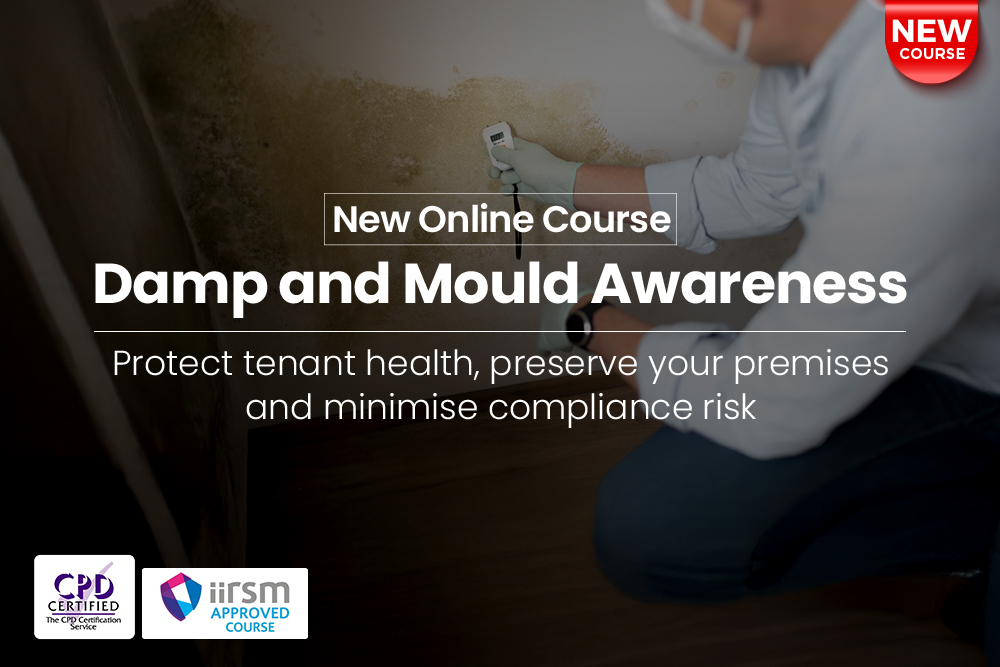
Can stress cause vertigo? In short, not definitively.
But that doesn’t mean that the two aren’t linked. Many people experience vertigo when stressed, which suggests the answer might be ‘sometimes’.
This conclusion is supported by the fact that elevated stress levels can also impact the mechanisms that manage balance.
So, if you suffer from feelings of vertigo and stress simultaneously, read this guide to learn more about why the two often overlap, plus some advice on what you can do to help alleviate stress-induced vertigo.
What is Vertigo?
Vertigo describes the false sensation that you or your surroundings are spinning.
The severity and duration of these feelings can vary, with episodes lasting anywhere from a few seconds to a few days. However long the sensation lasts, it usually comes on suddenly, making it difficult to keep your balance or complete everyday activities.
Vertigo can sometimes be mistakenly labelled as a condition on its own, but it’s actually a symptom of something else, such as issues in the inner ear.
Symptoms of Vertigo
Since vertigo isn’t a condition, it’s not technically correct to use the term ‘symptoms of vertigo’, but the sensation can have multiple effects on sufferers.
Episodes of vertigo can also bring on feelings of
- Loss of balance
- Nausea
- Dizziness
- Tinnitus
Since vertigo can be caused by multiple underlying conditions, not every sufferer will experience this complete list of sensations. Some mild episodes might even be barely noticeable.
What is consistent is the feeling that either you or your environment are spinning. If you only experience dizziness or a loss of balance, you’re not experiencing true vertigo.
If you’re suffering from regular or severe sensations of vertigo, it’s essential to look into it. This NHS guidance provides information that can help you identify if it’s a symptom of a more severe problem that requires attention.
Common Causes
Vertigo is caused by inner ear issues or problems in specific parts of the brain. There are two distinct types of vertigo: peripheral and central.
Central Vertigo
Central vertigo is a symptom of a condition affecting the brain. It’s the less common of the two types and is caused by problems such as:
- Migraines
- Multiple sclerosis
- Acoustic neuroma (a benign tumour on the acoustic nerve, which controls balance)
- Stroke or a transient ischaemic attack (also known as a mini-stroke)
This type of vertigo is not associated with stress.
Peripheral Vertigo
Peripheral vertigo is a symptom of a condition affecting the inner ear. It’s the more common of the two types and is caused by problems such as:
- Benign Paroxysmal Positional Vertigo (BPPV) – the most common cause, where specific head movements can trigger feelings of vertigo
- Head injury
- Meniere’s disease
- Inner ear infections such as labyrinthitis or vestibular neuronitis
Stress is not widely recognised as a cause. Still, it can affect the vestibular system, which is located in our inner ear and controls balance.

How Can Emotions Trigger Vertigo?
It’s all linked to the vestibular system. The physiological responses triggered by heightened emotions, including stress, can interfere with the biological mechanisms that make up our vestibular system and sometimes trigger feelings of vertigo.
Stress
Stress is a natural human response to outside threats. Of course, what’s perceived as a threat isn’t universal and everyone processes feelings of stress differently.
But we all have limits, and sometimes stress levels trigger changes in our body chemistry. The most notable of these changes is the release of cortisol, which is known as the stress hormone.
Cortisol effectively primes your body for a fight-or-flight response. In a critical situation, you’ll be glad it does. But outside of these extreme circumstances, cortisol is generally unhelpful. It can cause some health issues, including impairment of the vestibular system. It’s this interference that can cause feelings of vertigo in certain people.
Elevated stress levels can also trigger the release of histamines, which interfere with the vestibular system and impact our ability to balance. This is why antihistamines can effectively treat less severe feelings of vertigo.
There’s also a potential crossover with other conditions. Vestibular neuronitis, another cause of vertigo, is made worse by exhaustion or alcohol consumption. Extended periods of stress can disrupt sleep or push people into unhealthy coping mechanisms such as drinking, which could exacerbate a case of vestibular neuronitis.
Anxiety
Anxiety is distinct from stress but has also been linked to vertigo. Whereas stress is a response to external factors, feelings of anxiety come from within and can manifest without any outside cause.
While the connection between stress, cortisol levels and the vestibular system is relatively straightforward, anxiety and its relationship with vertigo isn’t as well researched. But there is compelling evidence that suggests a connection.
A 2016 medical study found that patients with anxiety disorder are more than twice as likely to develop BPPV, the most common cause of vertigo. Researchers couldn’t say why, but there is more evidence that emotions can trigger vertigo.
How You Can Manage Stress-Induced Vertigo
It would be inaccurate to say that stress management can cure vertigo, but it could go some way in helping, depending on the cause.
Reducing stress levels will bring down levels of cortisol in your body, which could help improve the function of your vestibular system and minimise the impact of your vertigo.
Any effective stress management techniques could help you do this – it depends on what enables you to relax. A few common strategies include:
- Exercising regularly
- Eating a balanced diet
- Trying to improve your sleep
- Cutting out alcohol or caffeine
- Socialising with friends and family
- Spending time on a hobby or other activity you enjoy
Work-Related Stress
Stress is a response to external triggers, so it’s also helpful to look at the situations that harm your mental state and how to manage them. Although this process will always be personal, there’s a good chance that your work environment is part of the problem.
But don’t quit just yet. You can take steps to reduce work-related stress with stress management training. It’s a short course that shows you how to systematically evaluate the stressors in your work environment and apply proven measures to eliminate or control them.


























































































































































































































































































































































































































































































































































































































































































































































